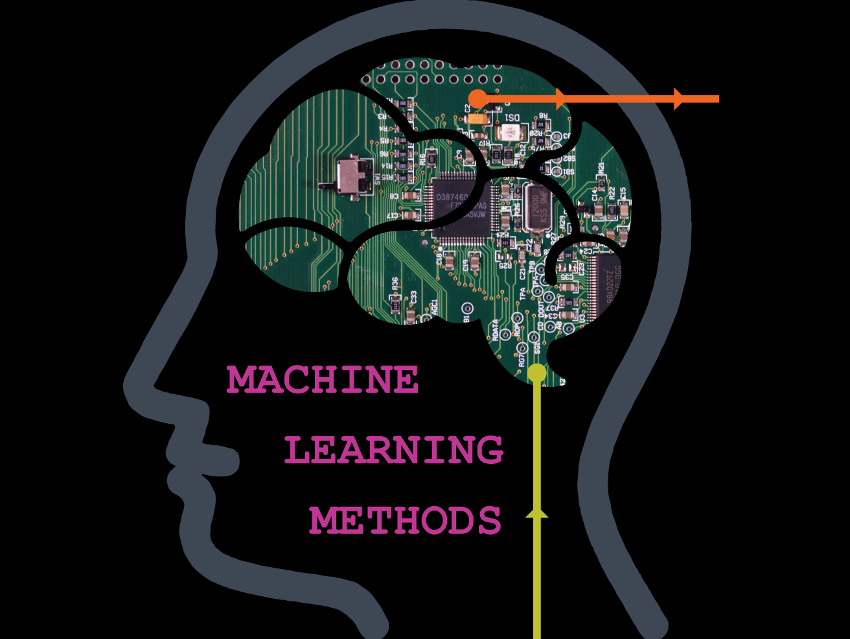Lithium-ion battery (LIB) technology is important for both portable electronics and electric transportation. To allow the efficient storage of renewable energy, the performance of LIBs still needs to be improved and their cost reduced. One approach to achieve this goal is to optimize the manufacturing process. However, the number of parameters involved and the complexity of the physicochemical interactions make this optimization challenging.
Alejandro A. Franco, Hub de l’Energie, Amiens, France, and Institut Universitaire de France, Paris, and colleagues have developed a new approach to identify interdependencies between manufacturing parameters that uses easy-to-implement machine learning methods. The team tested three different machine‐learning algorithms (decision tree, support vector machine, and deep neural network) to find the best one for this specific application. These algorithms were used to optimize the manufacturing of LiNi1/3Mn1/3Co1/3O2 (NMC)‐based cathodes, in which a slurry containing the active material is used to coat the electrodes. Parameters in this process are, e.g., the active material (AM) mass content, the viscosity (η), and the solid‐to‐liquid (S‐to‐L) ratio.
The support vector machine (SVM) algorithm was found to provide high accuracy and allowed the researchers to find trends for the interdependencies between fabrication parameters and electrode properties. The discovered trends were validated by rheological experiments. The team’s approach could help to accelerate the optimization of LIB manufacturing. In addition, the method could be applied to manufacturing processes in other fields.
- Artificial Intelligence Investigation of NMC Cathode Manufacturing Parameters Interdependencies,
Ricardo Pinto-Cunha, Teo Lombardo, Emiliano Primo, Alejandro A. Franco,
Batteries Supercaps 2019.
https://doi.org/10.1002/batt.201900135


